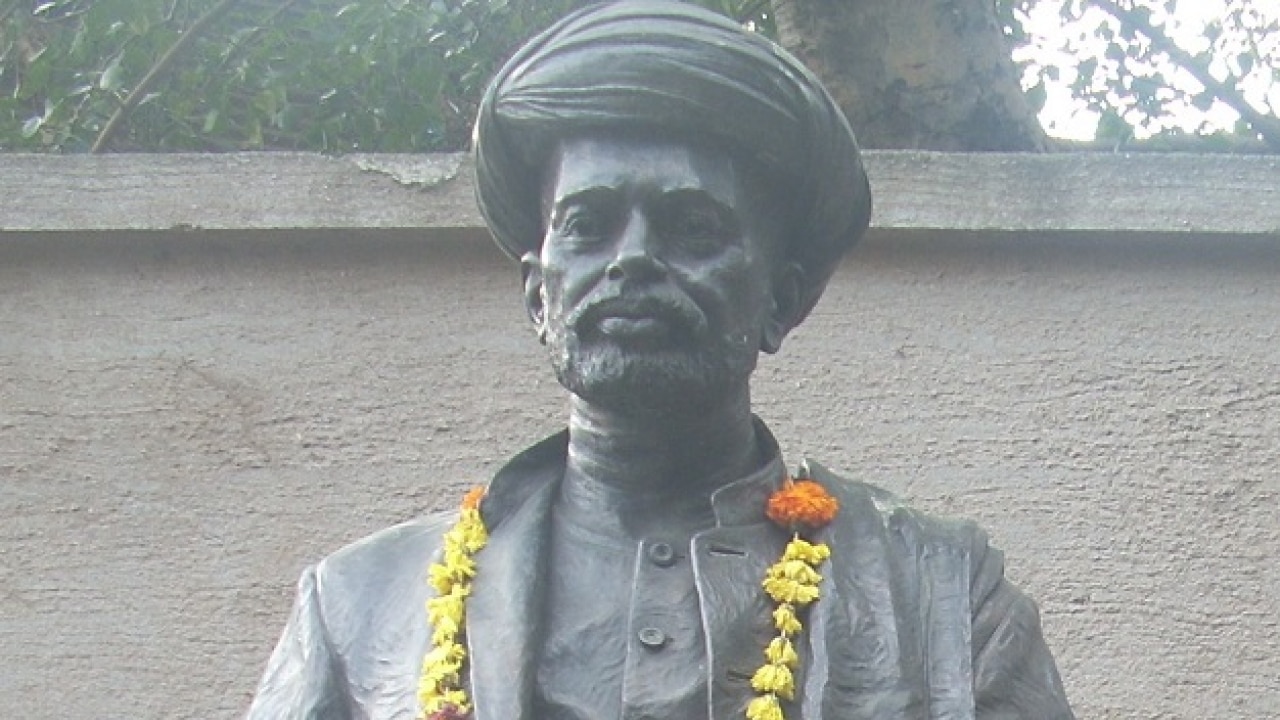
Has history been kind to Mahatma Jyotirao Phule? There was a chapter on his life in our history textbooks in Class III. One year later, we were taught about his wife Savitribai. I don’t know the syllabus today, so it will be unfair to comment on what our children are being taught today. History books, when I was in school, comprised the rise and fall of the Maratha Empire, the arrival of the British, the freedom struggle – and in an attempt to give us a global perspective on life – three chapters on the World Wars and the Cold War.
Mahatma Phule and his wife’s story was slowly forgotten until we studied the caste system in detail in our college and postgraduate years.
Today, we remember Mahatma Gandhi and Dr Babhasaheb Ambedkar on their birth and death anniversaries. Even though they took different paths in raising the issue of untouchability in India, Phule influenced both leaders. Both Gandhi and Ambedkar have their loyal set of followers and justifiably so, but Phule doesn’t get the credit he deserved.
Phule’s contribution to Indian society is nothing short of remarkable. With his wife, Phule started the first school in India for girls in 1848 – nearly 20 years before Gandhi was born. He strongly opposed female foeticide, was a strong advocate for widow remarriage, and championed equal opportunity for all, demanding caste barriers be broken.
Phule was a staunch critic of the Vedas, claiming that they were "idle fantasies" and "palpably absurd legends" as well as a "form of false consciousness".
An incident—which reflects Phule’s influence on Mahatma Gandhi—was the visit he paid to the Royal Family in 1888. According to his biography, Hari Raoji Chiplunkar, a friend of Jyotirao, arranged a function in honour of the Duke and Duchess of Connaught. Dressed like a peasant, Jyotirao attended the function and made a speech, adding that if the Duke of Connaught was really interested in finding out the condition of the Indian subjects, he ought to visit the villages nearby. Jyotirao's speech created quite a stir.
A friend, who has been a journalist for over 20 years, suggested that the main reason why Phule hasn’t received the credit he so deserves is because Lokmanya Bal Gangadhar Tilak, who was one of the biggest leader at the time with his open revolution against the British, did not see eye to eye with him. According to several articles published, it is believed that Tilak, while openly stating that he opposed the idea of untouchability, refused to sign a memorandum to abolish it.
The fight, according to historians, began when Phule questioned Tilak over documented records of accounts collected at a Pune market. This allegedly upset Tilak, who was at the time collecting funds to start his newspaper and even organise sarvajanik gatherings. However, blaming Tilak alone is unfair.
The teachings of reformers like Phule, Raja Ram Mohan Roy, Ishwarchandra Vidyasagar and Maharishi Karve, have influenced thinkers both in India and abroad and deserve to be incorporated within our education system.
If the HRD Ministry—irrespective of government—did consider this as a proposition and not focus on scrapping the discoveries of Einstein and Newton from syllabi, then maybe we would take our leaders a lot more seriously. After all, their teachings could also partake in the ‘Make in India’ drive.